This may be less a book review of Leo Tolstoy’s Anna Karenina as it is a reading review – as in, if you plan to read it, this is how I’d recommend going about it.
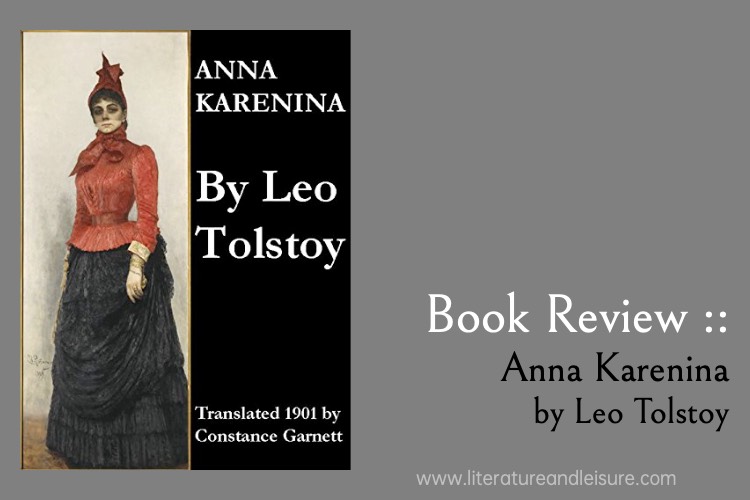
I’ve decided that this year I will aim to read fewer books in exchange for reading heftier and higher quality books. I figured there was nowhere better to start than with Tolstoy. I mean, go big or go home, right? (Ironically, I finished 10 books in January but that’s due in part to half being audio books, since I had more time on the road than normal.)
Nonetheless, Anna Karenina was one of them. I typically have at least three books going at one time. One is on audio, one is for my morning reading, and a Kindle book for reading in bed at night. Anna Karenina was the latter. I feel like I read more quickly on Kindle, and I knew I’d need the speed to help me along with this nearly 1,000-page tome.
Anna Karenina is widely accepted as one of – if not the – greatest novels ever written. It is broad in its commentary on politics, religion, industry/agriculture, and society/class. Its themes are similarly comprehensive, exploring various types of love, loyalty and betrayal, hypocrisy, friendship, family, and fate – to name a few. There is hardly a concept that Anna Karenina doesn’t touch on in some fashion.
Anna Karenina Summary
The novel centers around two couples: Anna and Vronsky and Levin and Kitty. Anna, married to an aristocrat 20 years her senior, has an affair with Vronsky, by which she becomes pregnant; eventually, she leaves her husband to pursue her love for Vronsky. A young girl of 18, Kitty is initially courted by both Vronsky and Levin. She turns down Levin’s first marriage proposal, assuming one may be coming from Vronsky, but instead his eye has been turned by the captivating Anna. Eventually, Kitty and Levin do marry, and the couples as well as their relationships are foils with Tolstoy’s title character standing in stark contrast to Levin, who many believe is a somewhat autobiographical figure.
Reading Anna Karenina
This isn’t the easiest book to read. First, there are a ton of characters – who obviously have Russian names which are long and unfamiliar. Some come with nicknames that may or may not be anything like their longer first name. Others are known by their last names. And, Tolstoy isn’t always consistent about how he refers to a given person. So, I recommend keeping a character list.
Next, in addition to how very long the novel is, Tolstoy moves (again, inconsistently) between third-person narrative, in some of his character’s heads, and an omniscient narrator. As a reader, I found myself needing to stop and think about who was commenting. (And, there’s even a scene when he speaks from inside a dog’s head!)
Also, at times he’s incredibly detailed while at other times, his descriptions are concise. Given these details and the book’s length, it is hard to know what is important that you need to pay attention to versus sections that can more or less be skimmed. For this reason, I highly recommend finding a good summary – like the one on Wikipedia – to read alongside the novel. I didn’t do this and wish I had.
Typically, I save my reviews for books that I give my highest rating. While I’m very glad that I read (and finished) Anna Karenina, there’s something in the enjoyment arena that is keeping me from giving it five stars. That said, I think this would be a fantastic read for the right book club as this is absolutely the type of novel that expands as it is considered and discussed.
Book Club Prompts for Anna Karenina (or questions to ponder by yourself)
Compare and contrast the relationship between Anna and Vronsky versus Kitty and Levin.
In addition, compare and contrast Anna and Levin. Some ideas to think about are their commitment to their spouse / lover, their contemplation of suicide, and their affection for their children.
There are a wide variety of loves portrayed and multiple examples of each: love between spouses, lovers, siblings, parents & children. Discuss some of these examples and how they are played out in the novel.
Is Anna worthy of being the title character? Why or why not?
How does fate versus free will play out in the novel? Do you think ultimately one is stronger than the other, and if so, which one?

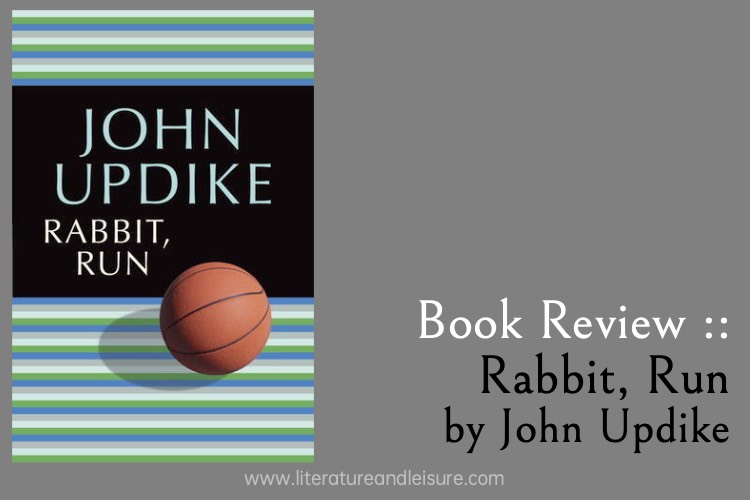
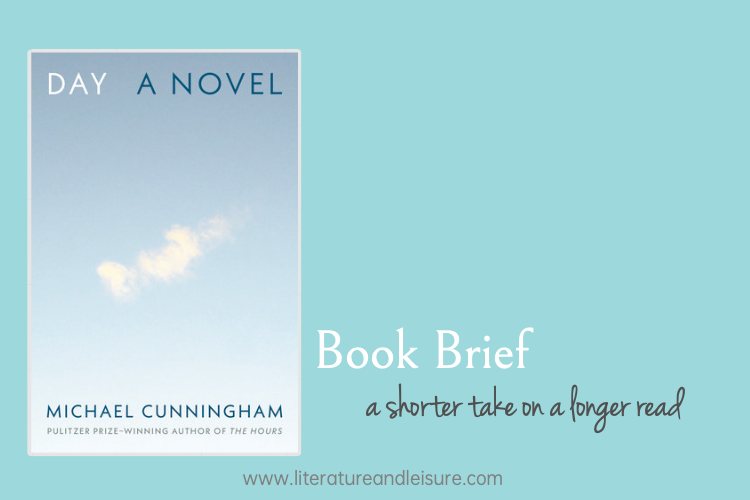
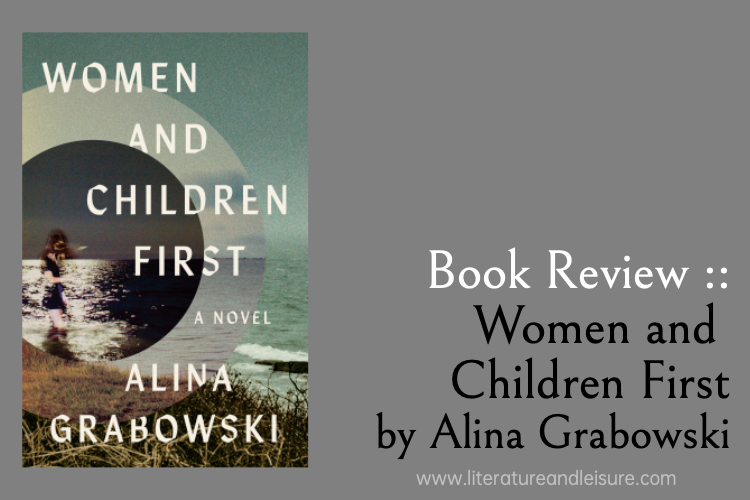
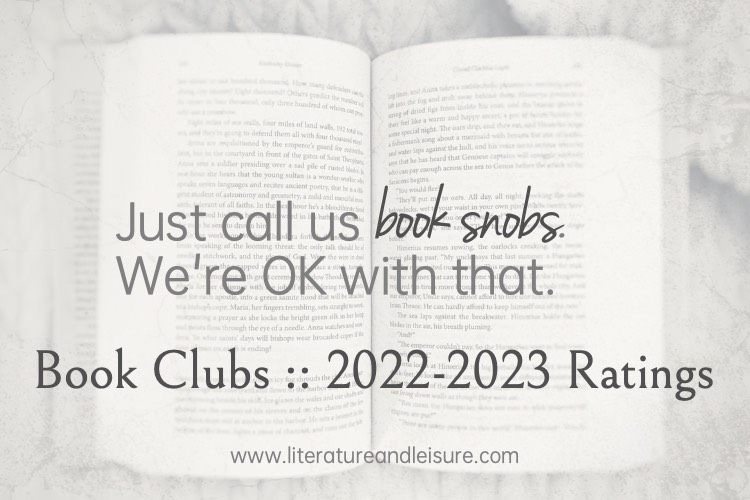
Comments
Powered by Facebook Comments